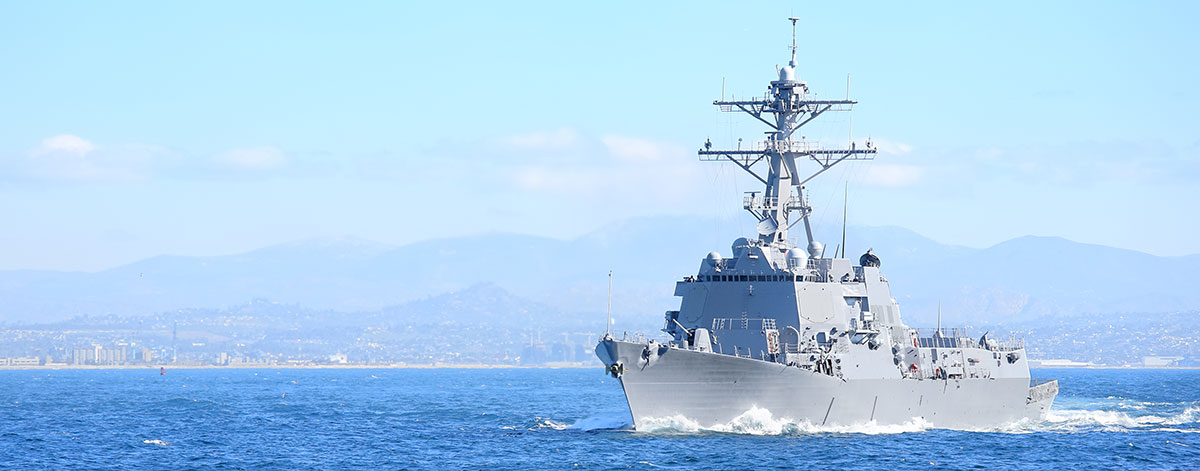 “A ship’s power system is a special kind of microgrid,” says Wenxin Liu (pictured), an associate professor of electrical and computer engineering. “If we can improve its performance, we can apply the same approach to the civilian microgrid.”
“A ship’s power system is a special kind of microgrid,” says Wenxin Liu (pictured), an associate professor of electrical and computer engineering. “If we can improve its performance, we can apply the same approach to the civilian microgrid.”
Microgrids, which are smaller networks with multiple distributed generators, are seen as the way of the future in power distribution, says Liu. They are more flexible (operating in both grid-connected and autonomous modes), customizable, and efficient than traditional, centralized power grids. Plus, they’re less vulnerable to attack.
Liu recently received two grants from the Office of Naval Research, each providing $450,000 over three years, to support his continued work on the advanced control of power systems.
One project examines real-time optimal power flow control in power electronic power distribution systems (PEPDS). Liu is developing an advanced algorithmic design and doing hardware experimentation. Ultimately, his work is laying the foundation that will eventually allow naval ships to travel longer distances. It will also reduce waste energy—and costs—and has implications outside the military.
The second project involves coordinating heterogeneous generators within the ship’s power system. Currently, the generators differ in terms of response speed, capacity, and reliability.
“If they’re not properly coordinated, both steady and dynamic performance will be low,” he says, and it’s a waste of capabilities.
Liu is employing the same algorithmic and experimentation approach to optimize the generator system and improve its performance. The end goal is also similar: to improve the reliability of the ship’s power system using a technique that can also benefit microgrids in the civilian world.
“Even for basic research, we should bring future applications into consideration,” says Liu. “These problems are practical, important, and not well studied. And they need to be solved.”


